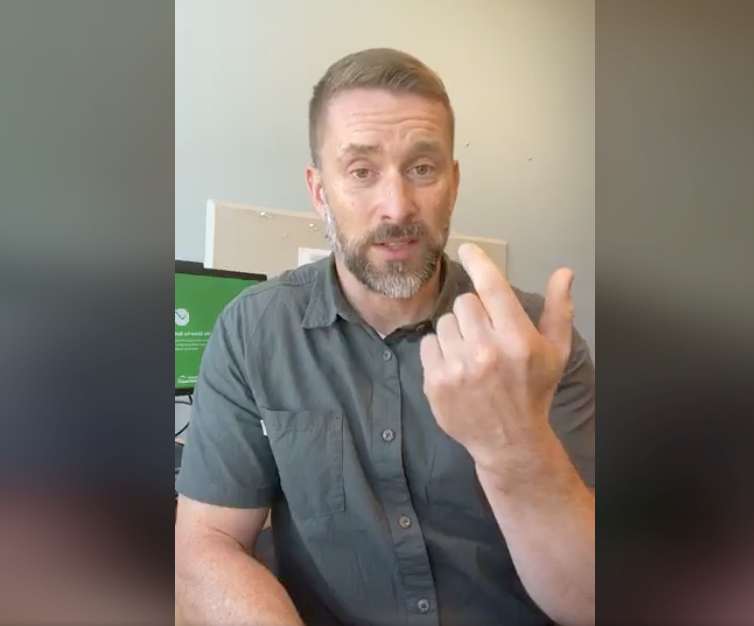Testing is expected to ramp up across the province as children head back to school and while some doctors in Metro Vancouver have expressed concern over access, a member of the COVID Physician Task Force says there’s enough testing capacity to handle the expected increase on the Sunshine Coast – even if it’s the last thing children will want.
“We currently have sufficient testing capacity to handle the increased volume we anticipate as school starts and as we get into the cold/flu season,” task force member Dr. Daren Spithoff told Coast Reporter in a Sept. 3 email.
Earlier that day, Vancouver Coastal Health (VCH) medical health officer Dr. Mark Lysyshyn, also a school medical health officer, touched on testing in advance of the school year as part of a video Q&A for parents – telling them to expect it to happen, and probably more than once.
“Kids are going to need to be tested for COVID,” Lysyshyn said, adding that particularly in the first few months, if students develop fever, cough, shortness of breath and other cough and cold symptoms, parents will be asked to “err on the side of getting tested.”
And it’s possible children will have to be tested “several times” throughout the year. “That’s unfortunately just the context we’re in,” he said, adding that might not be the case for children with chronic or complex conditions who can develop strategies with a health-care professional.
It’s unfortunate in part because the type of testing currently used “is pretty unpleasant” for children. Current testing uses a nasopharyngeal swab – “a brush that goes into the nose, to the back of the nose and then is kind of twisted,” said Lyshyshyn. “Kids really don’t like it.”
To improve the experience, VCH is piloting two new tests – one uses saliva, the other involves spitting out a saline solution. The aim is to have those methods available in the coming weeks.
On the Sunshine Coast, Spithoff said neither option is yet available. But unlike at other facilities, “children of all ages” can be tested at the respiratory clinic, and as with Lysyshyn, the task force is encouraging both children and adults “with new onset COVID-19 type symptoms” to get tested.
The task force is preparing for the uptick.
As of Sept. 4 the clinic will have capacity to provide about 50 tests daily, seven days a week – about double the capacity during July and August. “If necessary, we should be able to increase that capacity further, assuming that swabs remain in good supply and that our central lab testing capacity expands as anticipated,” Spithoff said.
Currently, about 30 people per day are being tested, up from an average of about 10 over the summer months.
As with the rest of the province, the VCH region has entered its second wave, according to Dr. Lysyshyn, but because of increased testing capacity and a change in strategy since the pandemic hit, Lysyshyn said “we actually believe there’s less community transmission occurring now than there was during the first wave, even though our case numbers are higher.”
A summary and video Q&A with Dr. Lysyshyn can be found here.



